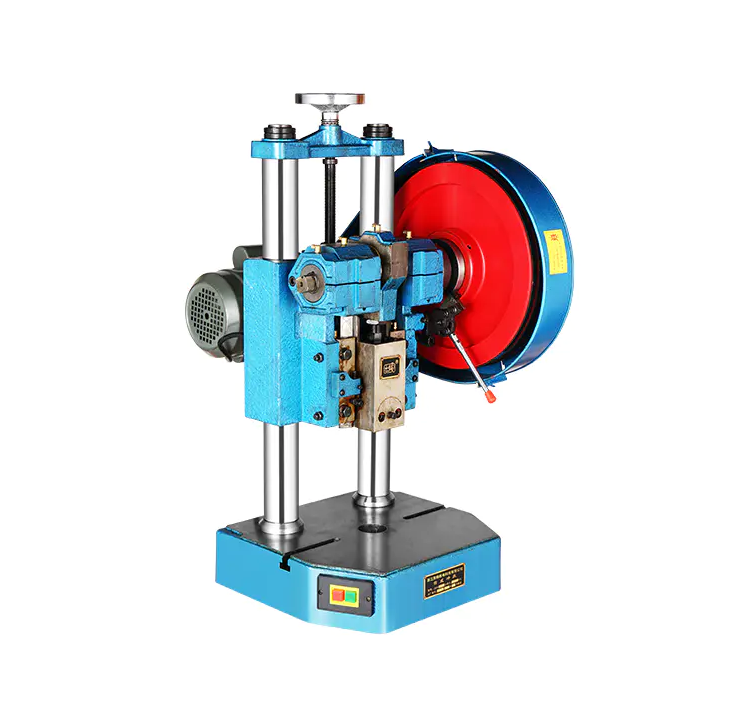In small-scale manufacturing, the efficiency and flexibility of production processes are essential. Manual punch presses play a significant role in this setting by offering an adaptable and hands-on approach to punching and shaping materials. These tools allow manufacturers to perform tasks that might otherwise be difficult or costly with automated machinery.
Manual punch presses are particularly suited for small-scale manufacturers that do not require high-volume production. They provide a cost-effective way to punch or form materials in small batches. Because the presses operate manually, they do not require expensive automation systems, which would otherwise drive up costs for businesses with limited production runs.
In industries like prototype development, small manufacturers can use manual punch presses to produce custom parts or experimental designs without the need for large, expensive machines. This flexibility is crucial when dealing with specific customer requests or when testing out new designs before committing to larger production runs.
Another reason manual punch presses are popular in small-scale manufacturing is their customization potential. The operator has direct control over the punching force and the speed of the press. This allows the machine to be adapted to different materials and tasks, making it suitable for a variety of production needs. For instance, when dealing with delicate materials like plastic or thin metals, users can adjust the force to avoid damage while still achieving the required precision.
Additionally, manual punch presses allow for greater precision in certain tasks. For manufacturers working on custom designs or specialized parts, manual machines offer more detailed adjustments compared to automated machinery, ensuring that the outcome meets specific requirements. This level of control is especially useful when working with unique or low-volume projects that require fine-tuning.
Another benefit of manual punch presses in small-scale manufacturing is their ease of setup and low maintenance needs. Unlike automated systems, which may require frequent recalibration, complex maintenance schedules, and expensive parts, manual presses require minimal upkeep. Regular cleaning and lubrication are usually enough to keep the press in good working condition.
The straightforward nature of the setup also means that manufacturers can quickly switch between tasks without a lengthy transition period. This flexibility allows for rapid adjustments in production schedules, further supporting the needs of small-scale manufacturers who may work on a variety of projects in a single day.
Manual punch presses provide small-scale manufacturers with an adaptable, precise, and cost-effective tool for a variety of tasks. They offer a straightforward solution for creating custom parts, producing low-volume batches, and ensuring that each piece meets specific requirements. Their ease of use and minimal maintenance needs make them an ideal choice for small manufacturers who require flexibility and control in their production processes.
